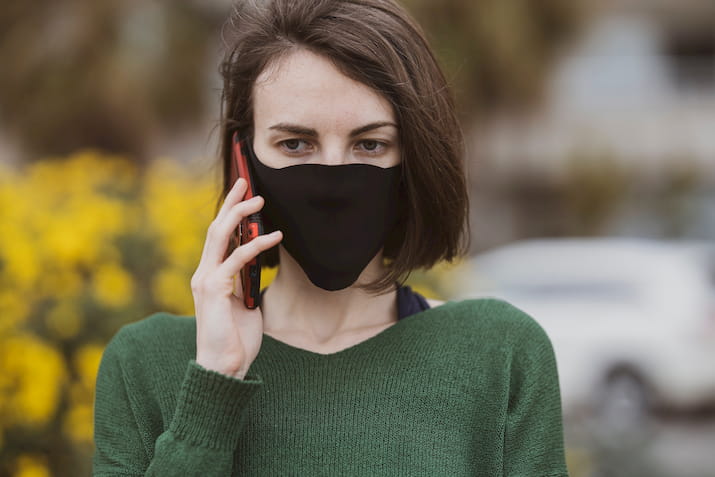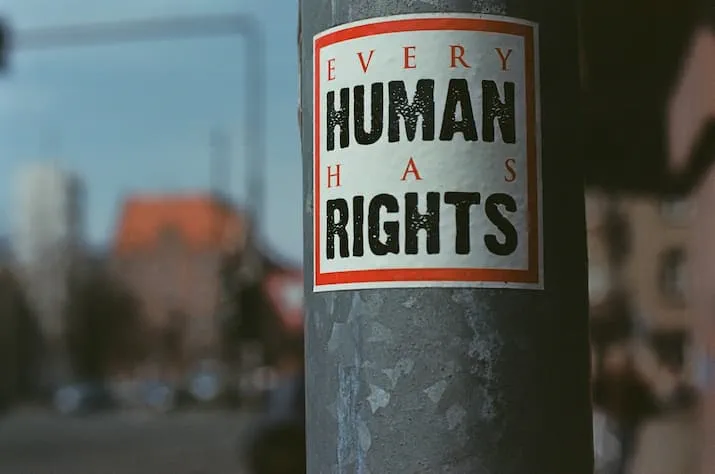On September 10 there’s more to say than R U OK?
Last year, if you noticed one of your team members seemed out of sorts, you could quietly ask the question on a coffee break or a lunchtime walk. But this year, with a lot of us working from home, the signs someone is struggling are harder to spot. 3 minute read.

R U OK? Day 2020 will be a little different to previous years and possibly more important than ever.
Suicide prevention is a complex challenge and in recent years R U OK? Day has begun to lower stigma that prevented people from having open conversations about mental health.
Every year over 65,000 Australians attempt suicide, and that figure is forecasted to grow by 25% each year over the next 5 years, according to a new report released by the University of Sydney’s Brain and Mind Centre.
On top of that, this year, as more people than ever before have been forced to become remote workers, the impacts of social isolation make these three little words more important than ever.
“Are you okay?”
It’s a simple question, yet a powerful one. But it’s not the only question to ask, and it’s often not the first one. ‘Are you okay?’ is part of a conversation. When it’s needed most, it comes somewhere in the first part and there’s a lot that can follow.
Last year, if you noticed one of your team members seemed out of sorts, you could quietly ask the question on a coffee break or a lunchtime walk. But this year, with a lot of us working from home, the signs someone is struggling are harder to spot.
So how can you check in on the mental wellbeing of your co-workers while working from home?
Regular team meetings
Having daily team check-ins via video call can help with a sense of community, especially if your team is working remotely. Not every meeting needs to be about hitting deadlines or achieving targets.
Everyone needs balance. If someone in your team is struggling, knowing there’s a time when they can talk openly may help.
Walk and talk
Walking is a well-documented method people have used to make creative leaps for a long time. When you get gentle exercise, the brain begins to release hormones that can alter mood. This can be capitalised on by scheduling a walk-and-talk meeting.
Instead of being tethered to a screen on a desk, getting out in the fresh air and talking on your phone can be liberating.

Buddies
Buddies are a proven tactic for supporting people. They’re used in primary schools, in mental health support groups, and in social clubs because they’re so effective.
It comes down to the trust in the relationship. Knowing you have someone that isn’t your boss, or your partner, that you can talk to now and then, can be a huge help
Be comfortable with silence
Asking ‘are you ok?’ is about being relaxed and friendly, not confrontation. It’s about listening with an open mind and not being judgemental.
The person you’re checking in on might need time to sit quietly as they begin to talk. While this may feel uncomfortable at first over the phone or via video call, try to be patient in the silence between their words.
If someone you talk to opens up and shares with you that they’re struggling, helping them take a positive step can come from a question about how they might have dealt with the problem in the past, or how they would like you to help.
It might be that they need professional support. So being able to help them make a call could be what’s needed most.
Stay connected
Mental health, like physical health, needs regular check-ups. If you asked someone a question on September 10, check in a few days later with an instant message or call. Even if they say they’re fine, a quick conversation that shows genuine care and concern can make a real difference.
Getting help
There’s always someone ready to listen. If you or someone you know is thinking about suicide or experiencing emotional distress, help is available. Call Lifeline on 13 11 14 any time day or night.



